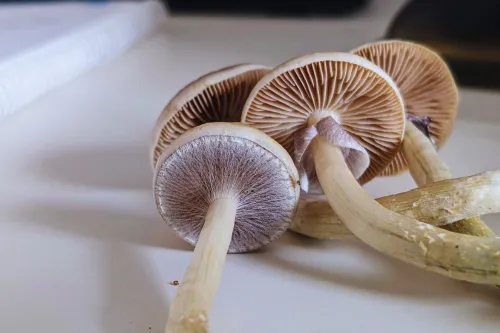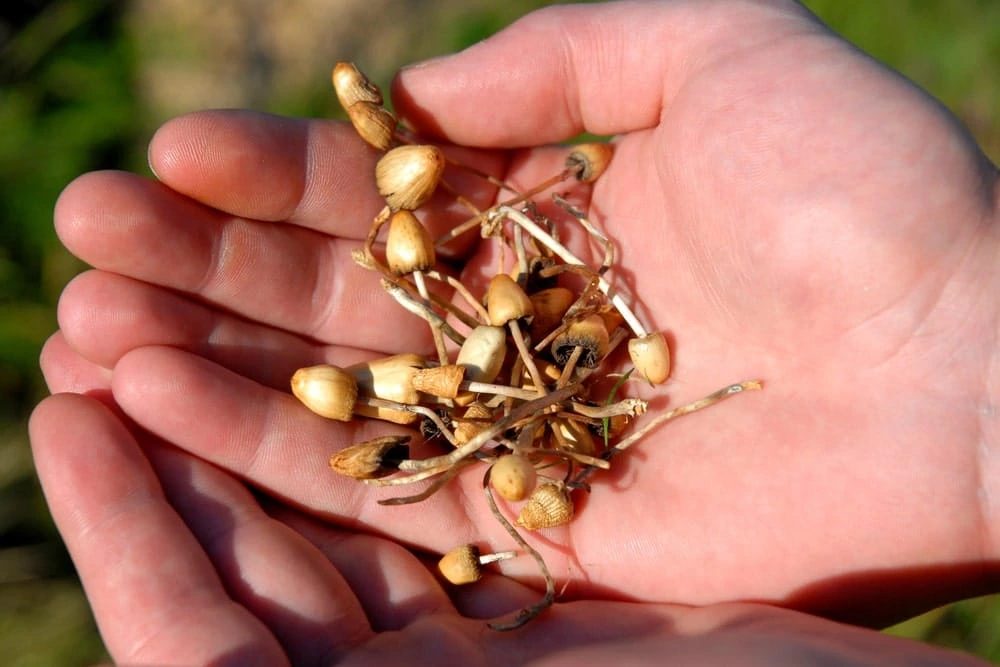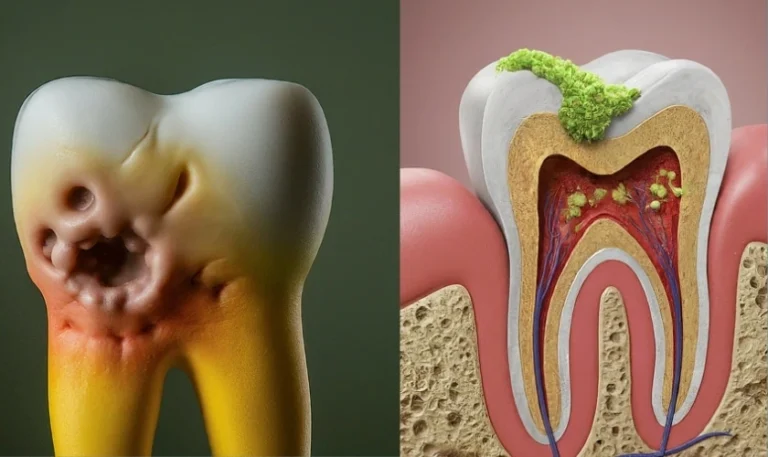How Long Do Shrooms Stay in Your System? A Journey of Discovery
Ever wonder how long those enchanted mushrooms, often known as shrooms, stay in your system after you’ve had some fun with them? What an intriguing question! People who use mushrooms usually want to know how their bodies handle the plant as well as the experience itself. Knowing this can make you feel more knowledgeable and in charge.
Psilocybin, a substance found in mushrooms, changes into psilocin in the body to produce those special effects. But what is the duration of this journey? Yes, it does vary! A number of variables may come into play, including your body weight, metabolism, and the amount you took. Let’s explore what occurs in your body following a mushroom experience and how long they stay there.
How Long Do Shrooms Stay in Your System?
Understanding Psilocybin and Psilocin
It’s important to start talking about the compounds involved when talking about how long shrooms linger in your system. Psilocybin is a naturally occurring hallucinogenic chemical found in mushrooms. The substance that causes hallucinations, psilocin, is created in the body when psilocybin is consumed. Understanding the length of the effects and how long these drugs stay in your system depends on this transformation.
Psilocybin is processed by the body rather quickly. The effects usually peak one to two hours after ingestion and linger for around four to six hours. Psilocybin metabolites, on the other hand, have a longer half-life in your body. This is where unique variables enter the picture, affecting the length of time certain chemicals can be found in testing or how they affect you personally.
All things considered, the metabolization of mushrooms is an interesting process that demonstrates how our bodies respond to various chemicals. Knowing this makes it easier to anticipate what will happen after consumption and what variables may affect how long effects last.
Factors Affecting Duration
The length of time mushrooms remain in your system depends on a number of factors, and each person’s body responds to mushrooms differently. First, the dosage is a major factor. The effects of mushrooms can be stronger and last longer when taken in bigger doses as opposed to smaller ones. This implies that a higher dosage may cause side effects that last longer, affecting how long it takes for the chemicals to completely leave a person’s system.
The metabolism of a person is another important consideration. Psilocybin and psilocin may be processed more quickly by individuals with faster metabolisms than by those with slower metabolisms. The metabolic rate can be influenced by age, food, and general health, which further varies how long mushrooms remain in various bodies.

Lastly, duration may also be impacted by the mode of ingestion. The rate at which mushrooms are absorbed into the bloodstream, for instance, may change if they are consumed in tea or combined with other drugs. These variances demonstrate the intricacy of the body’s reaction to mushrooms and the wide range of variables that can impact how long they stay in your system.
Detection Times in Drug Tests
For private reasons, a lot of people are interested in finding out how long shrooms remain in their system, but it’s also crucial to think about how drug tests will find them. Psilocybin and psilocin are not usually screened for in standard drug tests, but they can be found in specific testing. While psilocin may be detected for a shorter time, psilocybin is often detectable in urine for one to three days following consumption.
Psilocybin and psilocin are typically only detected in blood tests a few hours after ingestion, which corresponds with the peak effects experienced by users. However, depending on a person’s metabolism and usage habits, hair follicle testing may be able to find psilocybin residues for considerably longer—up to many weeks or even months.
People may find it difficult to gauge how long they might be “on the radar” for detection due to this diversity.
Anyone thinking about the effects of shroom intake has to be aware of these detection times, especially if they are going to be tested for drugs. Knowing how long mushrooms stay in your system might help people make wise judgments regarding their use and any possible risks.
Body Factors and Individual Variation
A person’s systemic half-life can differ significantly from another’s. Age, weight, and body composition are examples of individual health characteristics that have a substantial impact on how long psilocybin and psilocin stay in the body. For example, younger people with faster metabolisms might absorb these drugs faster than elderly folks, who might feel the effects for a longer time.
Levels of hydration may also be important. Dehydration can impede your body’s ability to digest drugs as quickly as possible, although staying well-hydrated may assist. Furthermore, a person’s entire diet may have an impact on metabolic processes. While bad nutritional practices may lead to a slower metabolism, a well-balanced, nutrient-rich diet may help with speedier processing.
In the end, there is a wide range of experiences and timelines for how long mushrooms remain in your system due to these individual variances. Individuals can have a better understanding of their own psychedelic experiences by recognizing these distinctions.
Effects of Shrooms Over Time
When thinking about how long mushrooms stay in your system, it’s important to comprehend how their effects change over time. Users may initially feel euphoric, see distorted images, and perceive time differently. These may intensify and grow more complex as the effects wear off, usually two to three hours after use.
There may be a “come down” period that lasts for many hours when the effects start to wear off. Even as the stronger psychedelic effects fade throughout this period, users may continue to experience lasting feelings of introspection or calm. Many people are curious about the long-term effects of the substances because the duration of the experience can range from six to twelve hours, depending on the dosage and personal circumstances.
The metabolites stay in the body after the effects wear off, although the psychological impacts usually go away fast. Anyone who wants to comprehend not only the actual presence of mushrooms in their body but also the potential psychological and emotional fallout after the trip is over should read this timeline.







